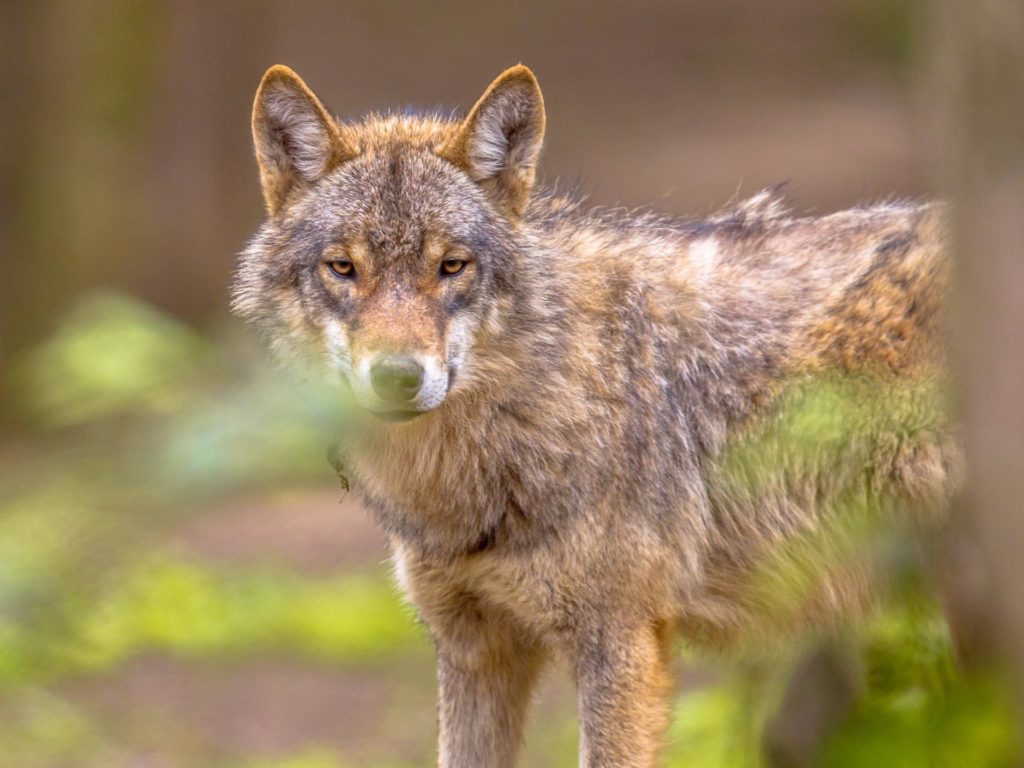In just one month, 30 sheep have fallen victim to attacks by a wolf (or wolves) in the region around Jalhay, Liège in Wallonia, according to Violaine Fichefet, a biologist in charge of wildlife monitoring at the Walloon Public Service (SPW).
“Six sheep farmers in the region are concerned about these attacks, the modus operandi of which points to that of the wolf,” said Fichefet.
“Even though not all the results of the analyses are known yet, we’re already almost certain that these attacks can be attributed to the wolf.”
The DNA analysis underway is expected to confirm a wolf as the culprit, and there are two hypotheses concerning that wolf's identity, according to the biologist.
“We know that Akela, the wolf living in the High Fens, found a female and that the pair had three wolf cubs that needed to be fed,” said Fichefet.
“Additionally, the attacks may also be the work of another, isolated wolf.”
Just like Flanders, Wallonia has its own wolf-prevention plan aimed at helping livestock farmers prevent attacks.
One way this is done is by installing wolf-proof fencing, of which the Walloon government subsidises 80 percent. Another is by using dogs.
But keepers of livestock remain anxious, especially in Flanders, where many farmers have chosen to keep their animals in stables after a spate of attacks.
At one family farm, 84 of their 90 cattle are now permanently stabled, according to the Flemish infocentre for agriculture and horticulture (VILT).
“If we have to continue farming like this, it’s no longer viable for us,” that farmer told VILT.
“We have been offered help by the Wolf Fencing Team Belgium. They provided us with an emergency solution with electric fencing, but they do not have much wire in stock. Moreover, this is not a permanent solution. It is simply not feasible to fence all our meadows as wolf-proof.”
In the wake of an attack by wolves on a shepherd’s flock, a crowdfunding campaign has been launched in Flanders to raise funds to buy dogs to protect sheep from future attacks.
Some of the wolf attacks in Flanders occurred in meadows that were made wolf-proof by the fencing.
“After these attacks in Jalhay (in Wallonia), we will sensitize sheep farmers on methods to deter the wolf,” said the biologist Fichefet.
The farmers who lost livestock will begin to be compensated in the coming days.
During a parliamentary question about the wolf attacks, Flemish Minister Zuhal Demir (N-VA) made clear that she will follow the protocol for problem wolves if necessary, which stipulates that when wolves attack cattle more than once, additional measures will be considered.
Those measures could include relocating the wolf to another area, or killing it, but few people want or expect the issue to come to that.
Sheep farmer and cattle breeder Johan Schouteden told VILT that he doesn’t believe in removing wolves, saying, “The wolf is here now and we will have to learn to live with it. If this wolf disappears, another one will take its place. After all, it is a protected species.”
Schouteden has already lost several sheep and a calf to wolves, and a video his son took of a face-to-face encounter was posted to social media.
But he says a more efficient approach is needed.
“It’s clear that the wolves just break through our electric fence - that is no longer enough to protect our sheep,” said Schouteden, who thinks the government should subsidise guard dogs and develop a broader approach to the issue of wolves.
“As long as the wolf makes victims, people feel threatened and then we also become victims: recently, an unknown person set poison to kill the wolf, but our guard dog ingested it instead,” Schouteden said.
“Now we are even more at risk.”

